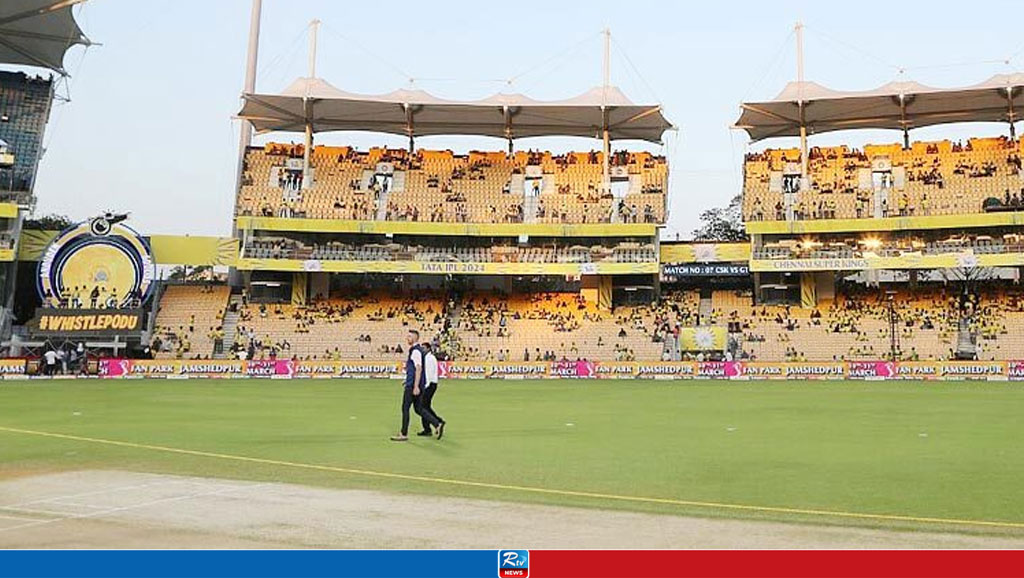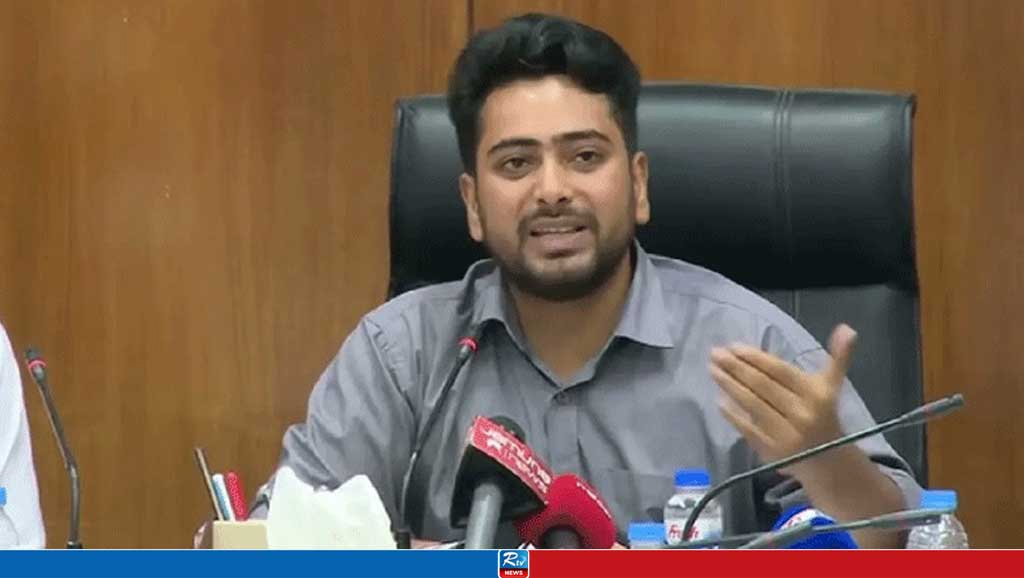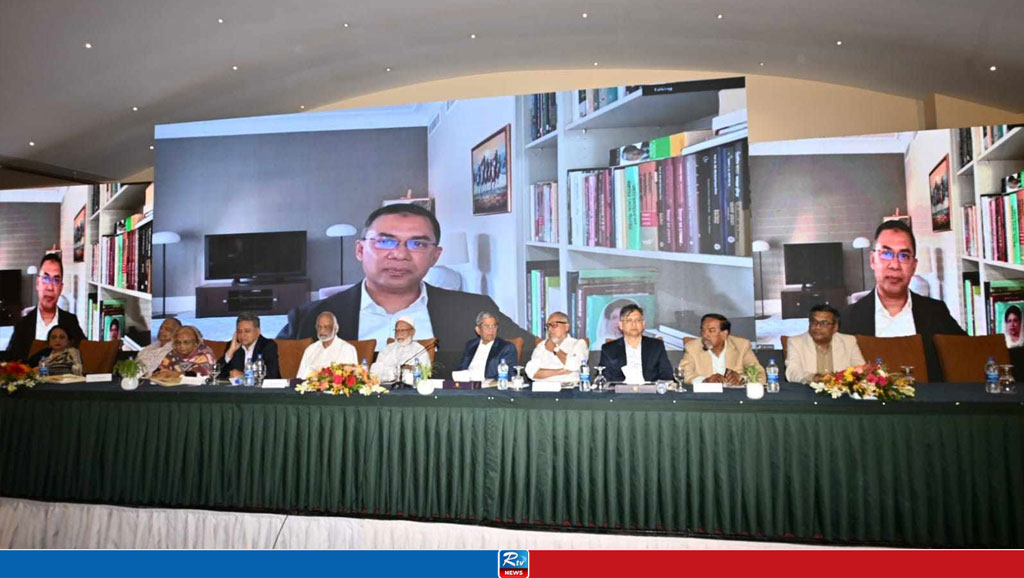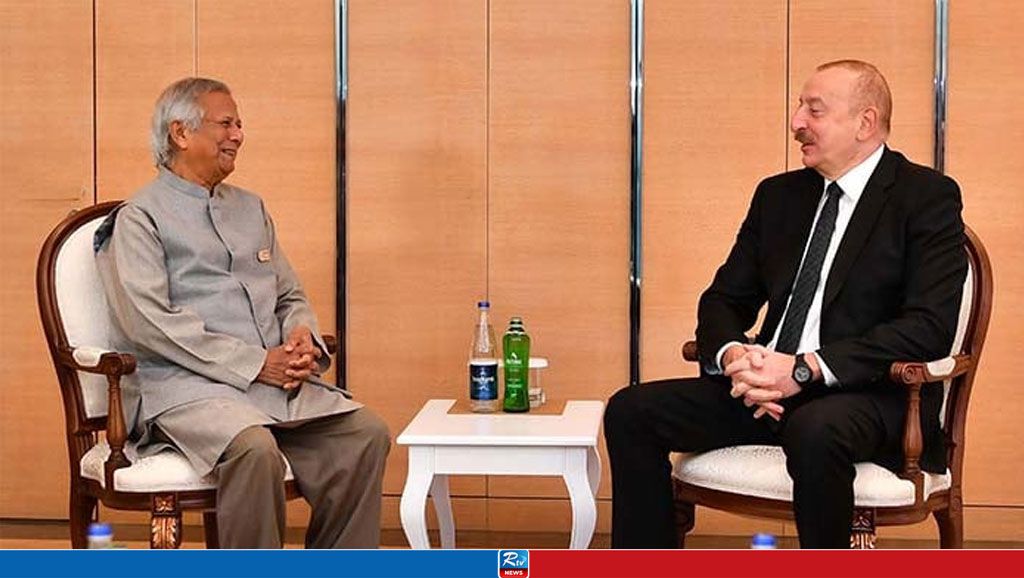Chennai to Greet Bangladesh With A Red Soil Pitch

Bangladesh is soon to begin a two-Test series against India, starting September 19 at Chennai.
The MA Chidambaram Stadium in Chennai offers two distinct kinds of pitches for the home side to choose from.
One is a pitch with a black soil base, where the ball stays low and takes a slow turn. The other is a red soil-based pitch which gets roughed up easily as the top layer gets disturbed easily after being baked in the sun. It generally offers more turn and consistent bounce than the black soil pitched.
According to reports in the Indian Express, Chepauk is all set to dish out a red soil-based track for Bangladesh, who are to play a two-test series in India, beginning on September 19 in Chennai. That would be something different for the visitors, as they mostly play on clay-rich black soil pitches in Bangladesh.
Team India already reached Chennai and has had a long-drawn practice session at the main ground on the center wicket in preparation for what is a long Test season. After the two Tests against Bangladesh, they’ll face New Zealand in three Tests at home before flying out to Australia for the five-match Border-Gavaskar Trophy.
While practicing on pitches that already had rough patches ahead of the good length, Indian batters also tailored their preparation for facing Bangladesh’s spin strength, especially left-arm spin. For that, they employed Tamil Nadu’s best left-arm spin talents Ajith Ram M Siddharth and P Vignesh in the nets.
The bowlers practiced in the nets which had pitches with a lot more red soil content. India and Bangladesh have both announced their squads for the series. Find them here
Comments
World Cup Qualifiers: / Messi Hat-Trick Leads Argentina's 6-0 Rout of Bolivia

World Cup Qualifiers: / Brazil Cruise Past Peru with 4-0 Win

Proteas Arrive in Dhaka for Two-Test Series

Shakib's Homecoming on Hold: Test Farewell in Jeopardy

Ronaldo’s Goal Secures Dramatic Win for Al Nassr

Bangladesh to Host Maldives for Two Friendlies in November

Today's Sports Schedule on TV


 Live Tv
Live Tv





